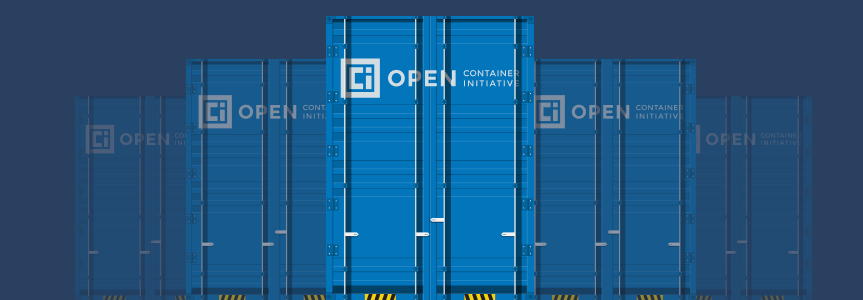Expanding OCI support in JFrog Artifactory with dedicated OCI repos
Great news for developers who leverage containers — JFrog has expanded its support for the OCI Container standard with dedicated OCI repositories!
Before we touch on that, let’s do a quick recap on OCI containers for those unfamiliar with them outside the context of Docker.
What are OCI containers?
Containers are a lightweight and portable way to package and run software applications, along with their dependencies and configuration settings, in a consistent and isolated environment. The Open Container Initiative was founded in 2015 by Docker and other industry leaders to help provide industry standards around container image formats and runtimes. As the popularity of containers was exploding, it became clear that some industry standards were required in order to support interoperability between various container-related components and solutions.
OCI currently contains three specifications: the Runtime Specification (runtime-spec), the Image Specification (image-spec) and the Distribution Specification (distribution-spec). OCI is popular due to its vendor-neutral status and open governance structure. So while Docker might be the first tool that comes to mind when it comes to managing containers, the OCI specifications open the field to many other tools widely used by organizations big and small for building and running OCI compatible containers.
JFrog’s expanded OCI support: OCI Images and OCI Artifacts
JFrog has long been a premier solution for managing container images and already supports OCI images. Using our Docker repositories, developers have been able to upload and manage both Docker and OCI images.
As of version 7.74, Artifactory will support OCI v1.0 with its own dedicated repository type.
With the introduction of OCI repositories, we’ve made it easier to find and store OCI compliant artifacts rather than using the Docker repo type that was less intuitive. We’re also able to better accommodate the differences in the mediaType fields specific to each image format, support our customer’s workflows, and give OCI images and OCI artifacts the first-class treatment Artifactory users love.
Organizations benefit from support of multiple tools that support the OCI specification, including Podman, ORAS, BuildX, Buildkit/builtctl, and can even make use of projects like WASM to OCI to store WebAssembly modules as OCI Artifacts. Organizations can also upload any artifact that conforms to the OCI specification to Artifactory – anything that can be packaged as a tar or tar.gz.
At this point in the blog, some OCI fans are probably wondering, “What about OCI 1.1???”. OCI Version 1.1.0 is still in the Release Candidate stage and not fully approved (see OCI 1.1.0-rc5).
For more information on JFrog Artifactory’s OCI support, check out the documentation here.






